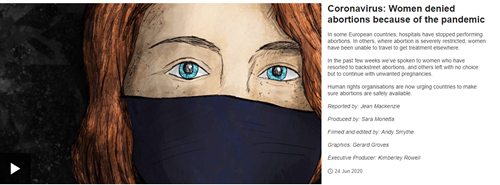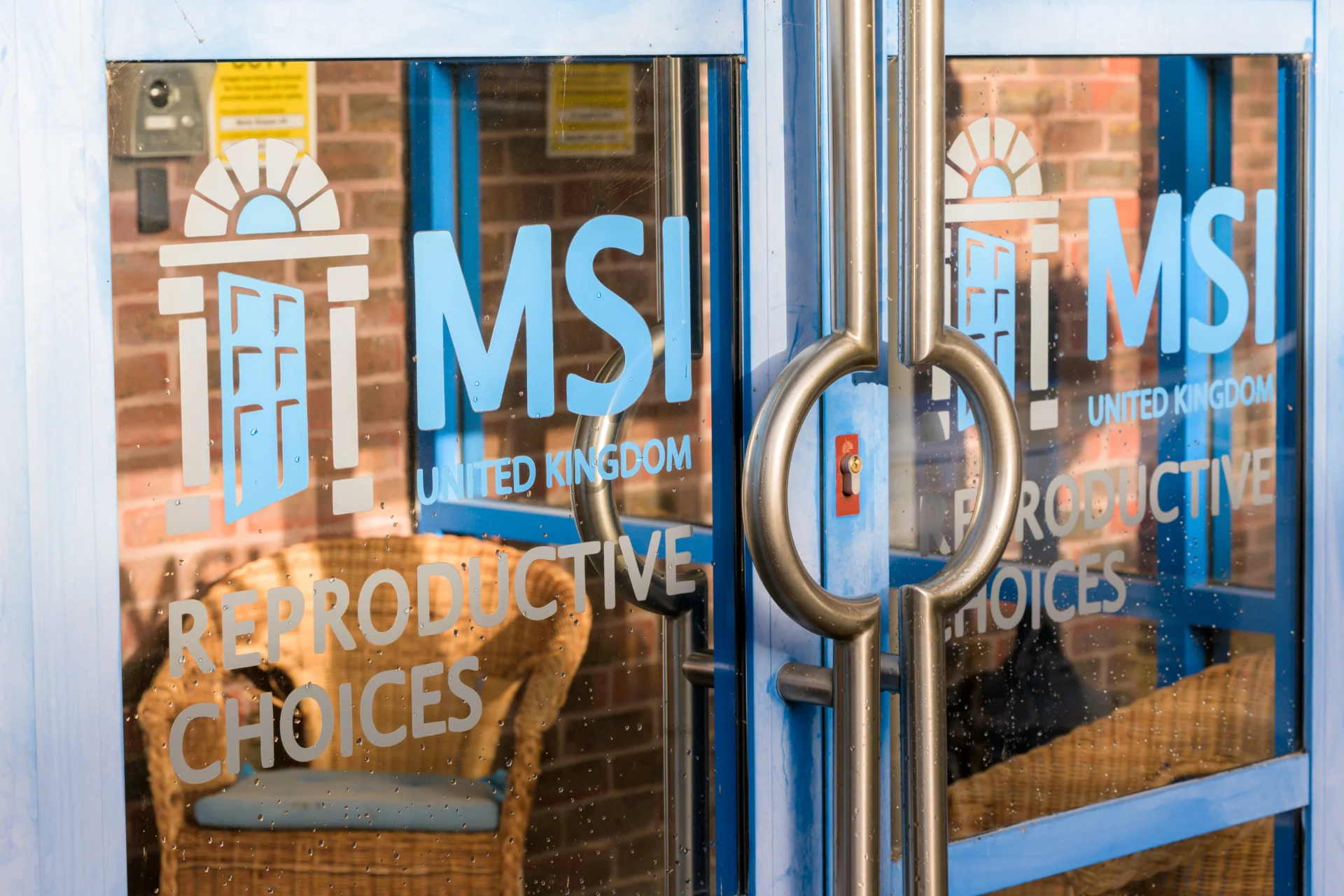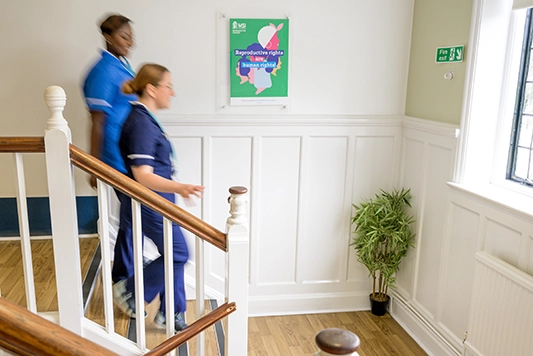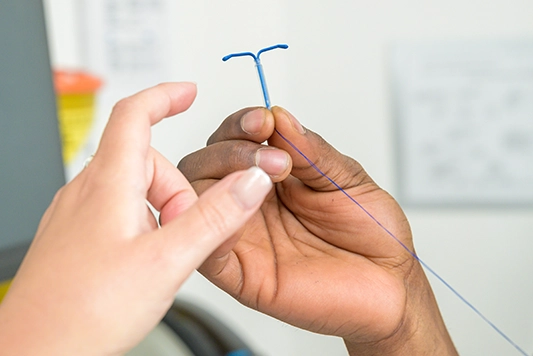Around the world, Covid-19 has made access to abortion increasingly challenging. In a heart-breaking report by reporter Jean Mackenzie, BBC News highlighted the difficulties for women in many parts of Europe, where many hospitals have stopped offering the procedure.
In many countries, efforts to contain the virus, such as quarantines, self-isolation, school closures and travel bans, have inadvertently made accessing care much more difficult, while in others the pandemic is being used as an excuse to deny the right to abortion.
In a heart-breaking report by reporter Jean Mackenzie, BBC News highlighted the difficulties for women in many parts of Europe, where many hospitals have stopped offering the procedure.
You can watch this 6-minutes clip at this link.

MSI Reproductive Choices in discussion with Victoria Derbyshire
In discussion with presenter Victoria Derbyshire, MSI’s Head of Advocacy Sarah Shaw then eloquently painted a picture of the reality for women in many of the countries where it works.
In some places, including the UK, Nepal and South Africa, MSI has been able to work with partners to lobby for much more accessible, client-centred care, such as telemedicine, enabling women to access care quickly and safely by having a consultation over the phone and then receiving pills by post.
But not all countries have been so responsive.
Sarah said: “We have seen some really positive moves in countries where abortion is less restricted, for example in Nepal, where the government issued strong guidance designating abortion as an essential service. Similarly, we advocated with BPAS for telemedicine in the UK and are now rolling it out in our UK services.”
However, in other countries, including Zimbabwe and India the picture is much less encouraging.
Sarah added: “India has a very severe lockdown, meaning women weren’t able to leave their homes to access services. Initial estimates are that up to 59% of women coming out of lockdown requiring services will need a second trimester abortion (13 weeks to 28 weeks’ gestation). This creates a huge amount of anxiety for women already in a stressful situation. Delays mean they have less choice about where to go and the type of service they can receive. Care may also be harder to access, with fewer providers and facilities offering that service.”
“It’s terrifying to think what women are having to go through”
The consequences could be unthinkable. Even before the pandemic, almost half of all abortions performed each year were unsafe, with legal restrictions, stigma and health system challenges restricting access to safe care, particularly for adolescents or those living in rural areas. But coronavirus has made the barriers even greater.
Sarah added: “In Zimbabwe, we have been able to work closely with the government to provide contraception services, because they were deemed to be essential, but abortion wasn’t, and we don’t know what’s going on behind closed doors. It’s too early for the data to have come out but it’s terrifying to think what women are having to go through.”







